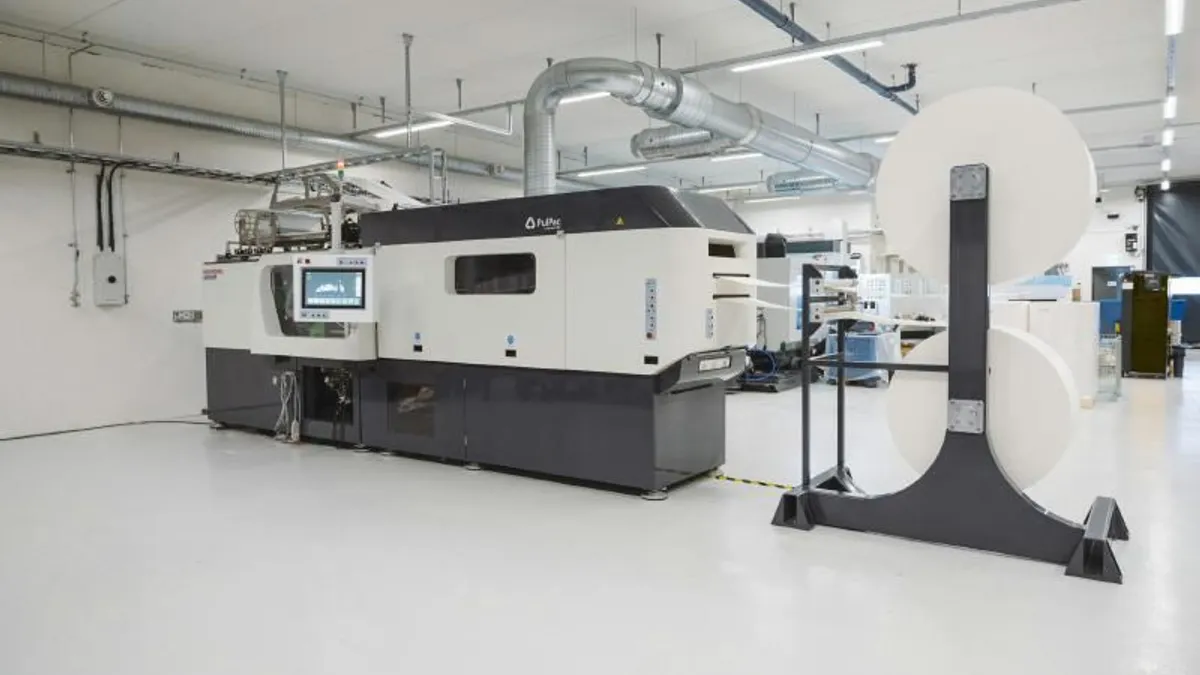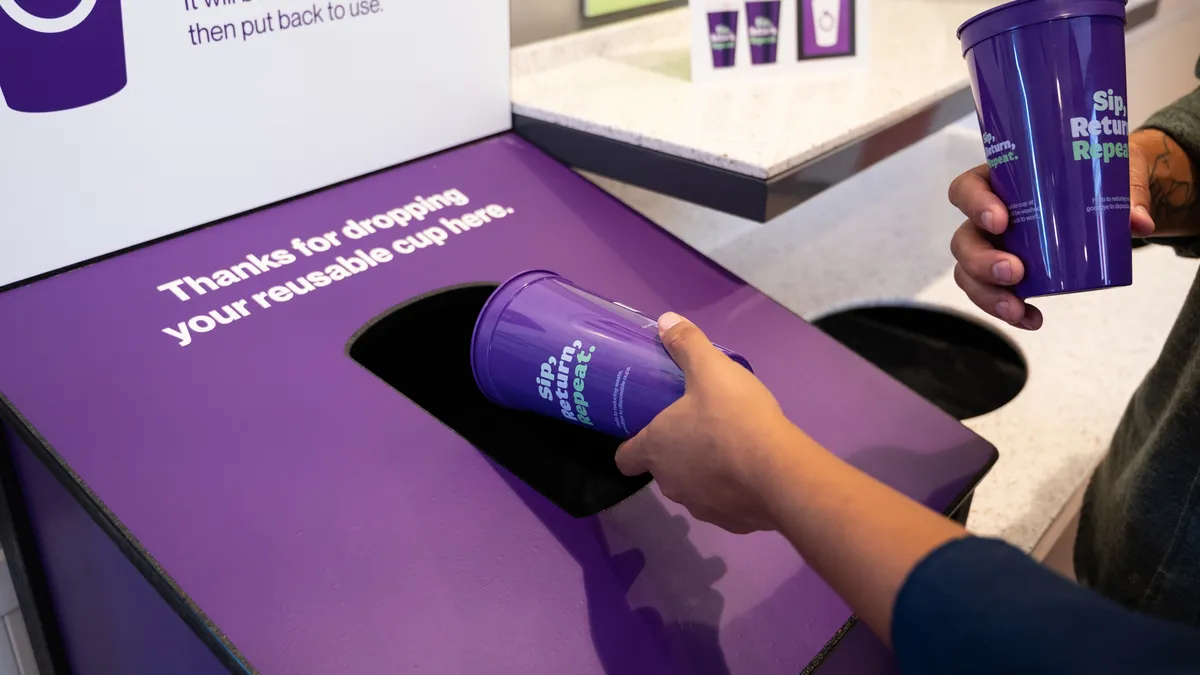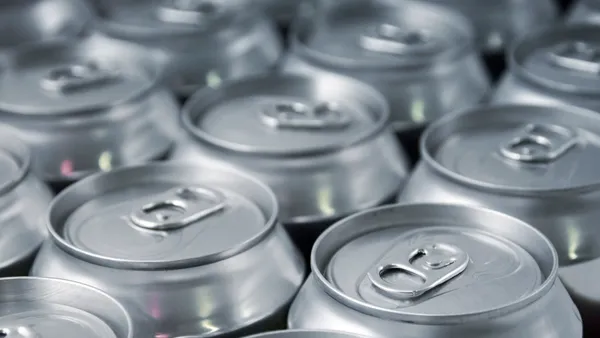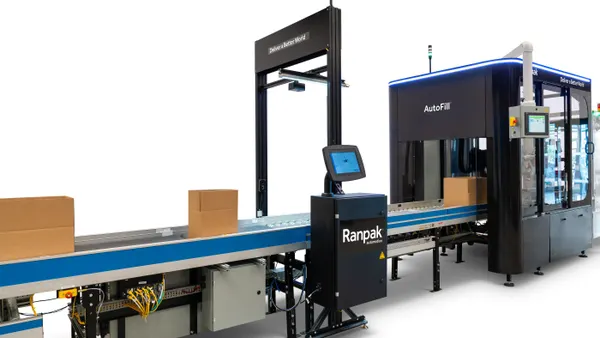Food service packaging producer Dart Container is licensing production technology, dubbed Scala, from Swedish dry molded fiber specialist PulPac to make lids in North America.
The privately held Michigan-based company noted sustainability as a reason for licensing PulPac’s technology. Pulpac says its dry mold process can lower the CO2 production footprint by as much as 80%.
“Increasing our fiber production capabilities will enable Dart to offer our customers an even broader range of sustainable packaging options, including US-manufactured supply,” said Michael Bradley, Dart’s senior vice president of fiber development, in the announcement Wednesday.
Bradley noted in additional comments that Dart already has wet molded fiber production capabilities.
PulPac says its dry molded fiber process entails defibrating pulp into a web-like material. Barriers are added, then heat and pressure are used to mold the material into a specific product. PulPac states that its faster manufacturing process “uses significantly less water and energy than traditional fiber forming.” Conversely, wet molded fiber products have to be dried before shipping, which involves energy-intensive heating machines.
Dry molded fiber has the potential to gain market share, according to industry observers. “Dry [molded fiber] may well be the future of [molded fiber] as the costs may be better,” said Bill Moore, president of consulting firm Moore & Associates, in an email.
PulPac has a presence in North America, but Dart is the first company in the region to install PulPac’s Scala production platform. PulPac said Scala is based on an injection molding clamping unit.
Scala has about half the factory footprint size as Modula, a separate offering from PulPac already present in North America. Modula is meant for high-volume production of both standard and custom products. It’s operational in Wisconsin via PulPac’s partnership with equipment supplier Curt G. Joa.
Graphic Packaging International also has a relationship with PulPac via its 2021 acquisition of Belgium-based AR Packaging, which already had licensed PulPac’s technology.
Dart did not specify where it is installing Scala. The company lists 31 manufacturing locations in North America on its website. In addition to some fiber-based offerings, the company also sells containers, cups and cutlery made from plastics, including expanded polystyrene. Dart acquired the Solo Cup Co. in 2012.
PulPac Chief Communications Officer Ann Dynehäll said in an email that Scala is ideally suited for making different types of food trays and lids, whether for hot or cold beverages. Dynehäll reported that additional installations of Scala are in progress, but did not disclose their locations.
Dart will use Scala to make lids “and potentially other products,” Bradley said in a follow-up statement.
The company offered few details when asked about the outlook for molded fiber at Dart going forward. Bradley said Dart would expand the molded fiber portfolio “to meet customer needs as part of our broad product offerings.”
Last year, Dart invested in Canadian company Red Leaf Pulp. Dart said it secured exclusive rights to use Red Leaf’s fiber derived from wheat straw residuals for molded fiber food service packaging. It anticipates gaining capacity from Red Leaf’s forthcoming conversion facility, which was slated for completion in 2026.
Senior Reporter Katie Pyzyk contributed reporting to this story.











